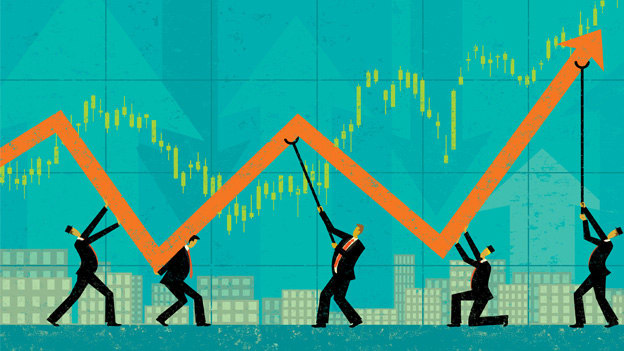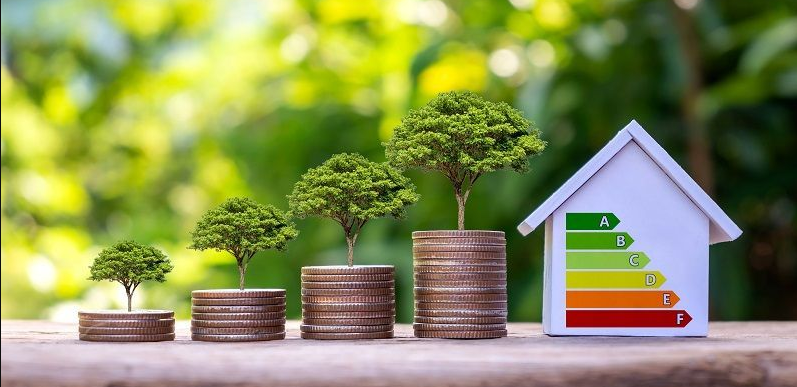
Emphasis on job creation for inclusive economic growth
- December 16, 2023
- 0
Economists have argued that for India to achieve inclusive economic growth, it is essential to focus on employment, entrepreneurship, and increased capital expenditure along with broad economic stability. During discussions on whether inclusive economic development is still just a dream, various economists have stated that inclusivity is a global concern, and India has undergone several structural changes in this direction over the past four to five years.
Over the last decade, it has been observed that income inequality is decreasing between the largest and smallest states in 29 states. 13.6% of total taxpayers have moved from below the five lakh rupees income threshold to above it. Even the economically weaker sections are becoming part of the credit system. Currently, a positive aspect is that with the formalization of deposits, debts are also being formalized at the same pace.
According to economists, when there is a significant increase in overall domestic production in the country, a natural consequence is the worsening of income inequality. Shocks to the supply side, such as the global pandemic like COVID-19, also contribute to increasing income inequality. Some reasons for income inequality include a 15% decrease in employment in the manufacturing sector compared to pre-COVID levels, while it has increased in the construction sector, which generally pays lower wages.
Another economist suggests that one way to achieve inclusive development is to increase entrepreneurship, which not only helps in creating employment but also enables individuals to build more employment and wealth over time. Several economists have suggested that the government should not be lured by short-term improvements, such as using security for increasing domestic industry. Our history in this regard has been quite unfavorable.






























































